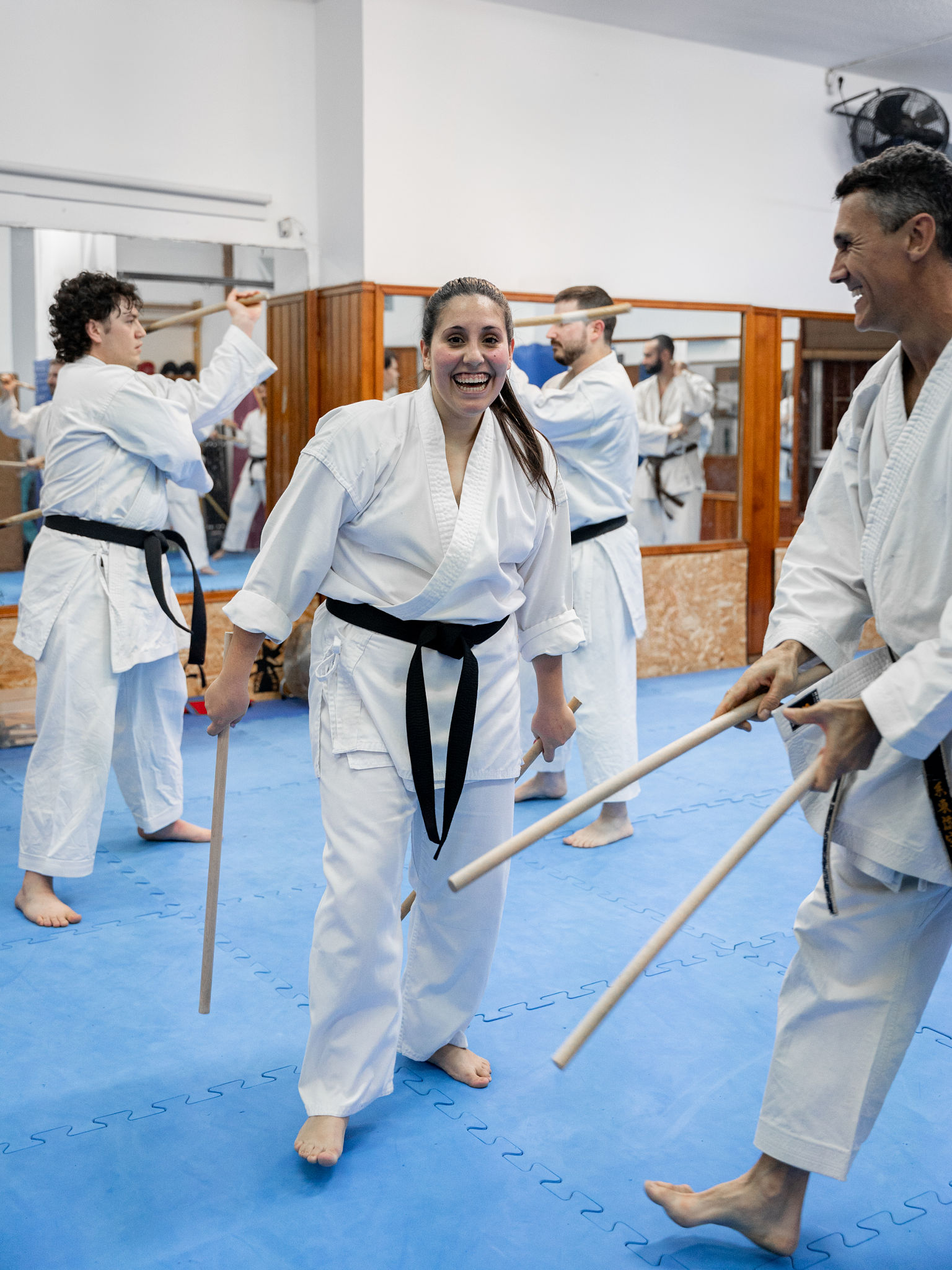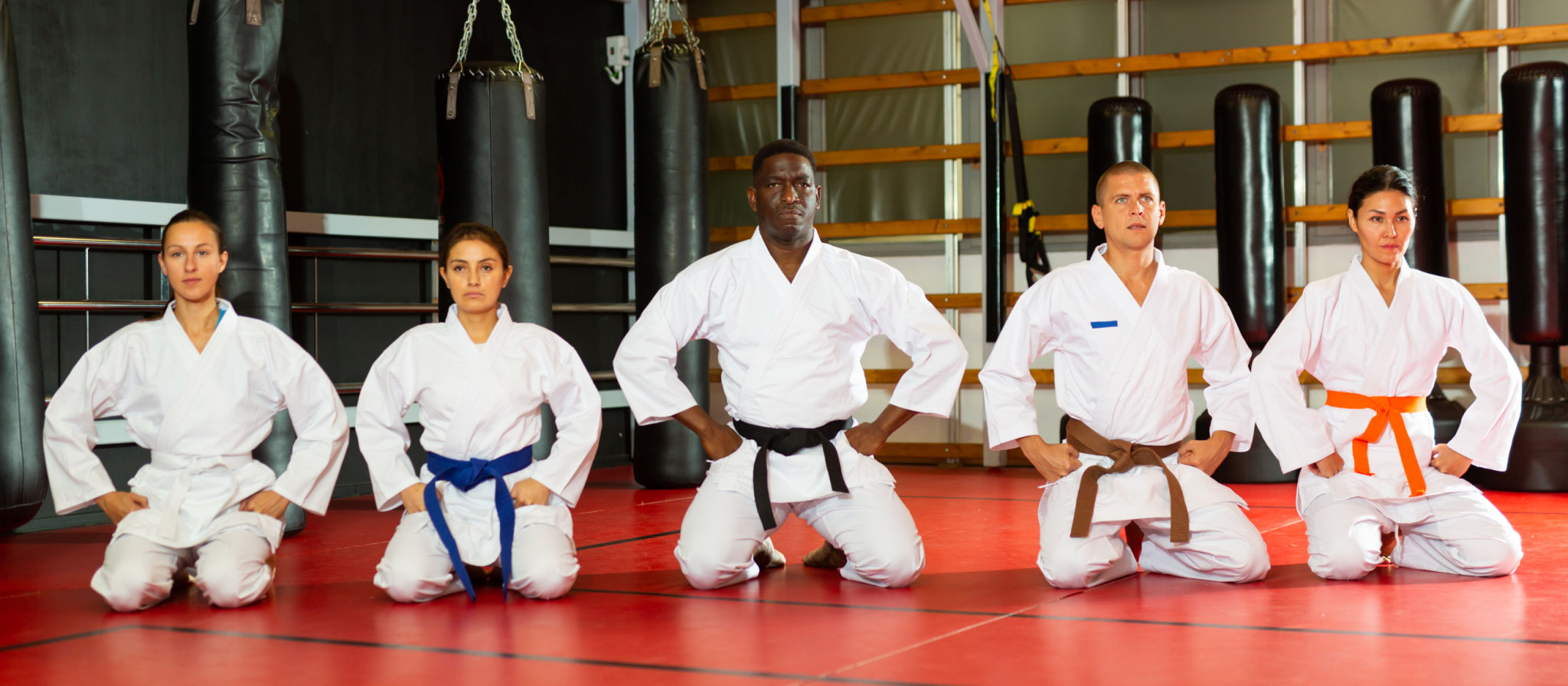Breaking Common Martial Arts Myths: What You Need to Know
Understanding Martial Arts Myths
Martial arts are often shrouded in mystery and misconceptions, leading many to believe in myths that have little to do with reality. Whether it's the idea that martial arts are only about self-defense or the belief that they're exclusive to children and young people, these myths can prevent individuals from experiencing the full benefits of martial arts training.

Myth 1: Martial Arts Are Only About Fighting
One of the most prevalent myths is that martial arts are solely about fighting. While self-defense is a component, martial arts encompass much more. They promote physical fitness, mental discipline, and emotional well-being. Practitioners learn skills such as patience, focus, and respect, which are applicable in everyday life. Martial arts encourage a holistic approach to personal development.
The Broader Benefits
Beyond physical prowess, martial arts instill confidence and stress relief. Many find that regular practice helps in managing anxiety and improving concentration. Moreover, martial arts can foster a sense of community and belonging among practitioners, enhancing social skills and creating lifelong friendships.

Myth 2: Martial Arts Are Only for the Young and Fit
Another common misconception is that martial arts are exclusively for the young or those in peak physical condition. This couldn't be further from the truth. Martial arts are inclusive and adaptable to all ages and fitness levels. Whether you're a child, adult, or senior, there is a style and pace suitable for you.
Adaptive Training
Instructors often tailor their teaching methods to accommodate individual needs and abilities. This adaptability means everyone can enjoy the benefits of martial arts without feeling pressured to meet unrealistic standards. The emphasis is on personal growth, not competition.

Myth 3: Black Belts Are Invincible
The notion that earning a black belt makes someone invincible is another myth that needs debunking. A black belt signifies a certain level of proficiency and commitment but doesn't guarantee invulnerability. Martial arts teach humility and respect for one’s limits, emphasizing that there is always more to learn.
Continuous Learning
Achieving a black belt is often just the beginning of a lifelong journey in martial arts. Practitioners continue to refine their techniques and deepen their understanding of the art, embracing a mindset of continuous learning and improvement.

Conclusion
Breaking these common myths reveals the true essence of martial arts as a discipline that extends beyond physical combat. It's about personal growth, lifelong learning, and community building. By understanding these truths, more people can be encouraged to explore martial arts and gain the myriad benefits it has to offer.